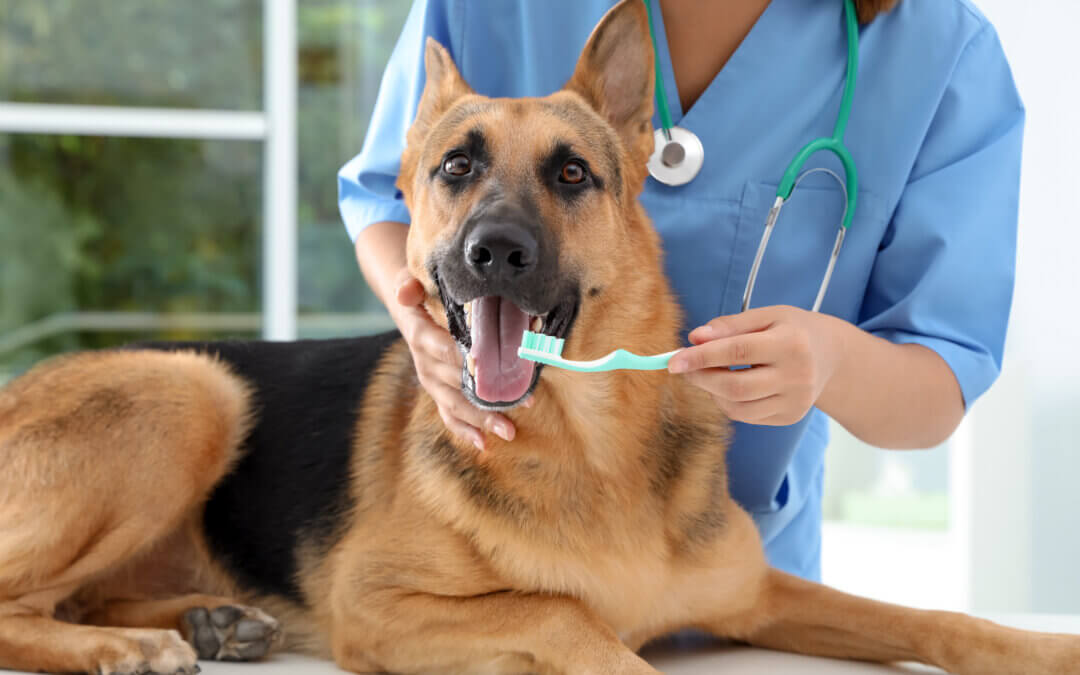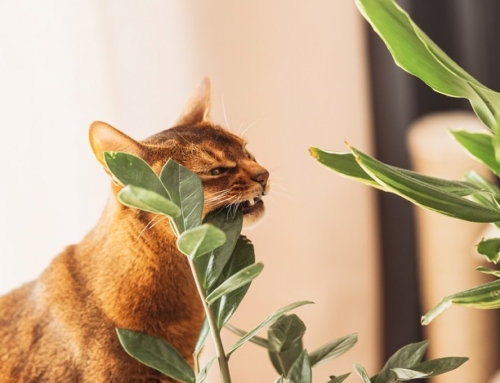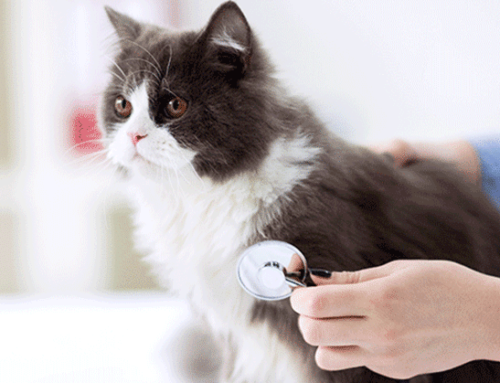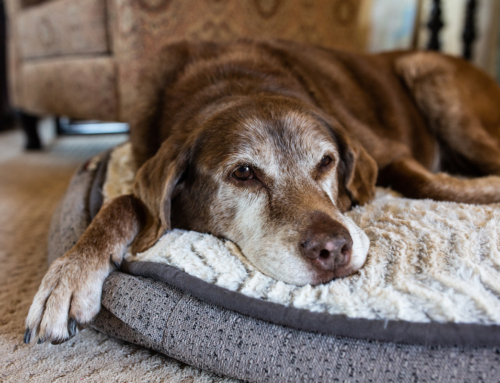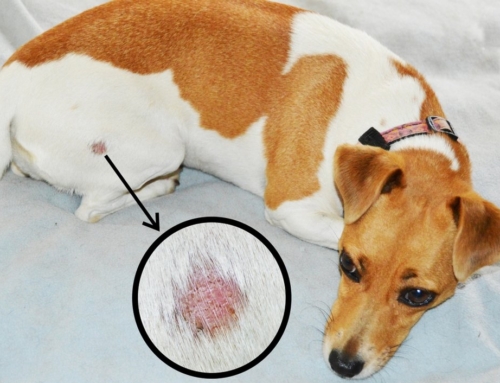Surprising to many owners, like humans, dogs and cats need to have their teeth maintained and be given good oral hygiene throughout their lives.
Dogs and cats do not have the luxury to use a spoon, fork, or a knife to help cut their food into preferred chucks to ingest; as such, it is even more important to help them maintain oral hygiene or else a lot of health issues may arise.
The easiest way to help your furry companion have good oral hygiene is to help them brush their teeth. As ridiculous as this sounds, brushing their teeth drastically reduces tartar build-up and prevents gingivitis. The theory is the same as we brush our own teeth. You put toothpaste onto a toothbrush and go in circular motions along the gum line for all their teeth to remove any tartar. The main difference is the toothpaste used for this procedure. Animals have enzymatic toothpaste that they use instead of our normal human toothpaste so that the animal can swallow the toothpaste. No rinsing is needed! Furthermore, these enzymatic toothpastes will contain enzymes to help break down the tartar chemically as well. The main thing to remember when brushing their teeth is to brush the molars at the back, as many people forget to clean those teeth even for themselves. Another method to help reduce tartar is to give them a dry kibble diet. Dry kibble will help remove some tartar that is present and decreases the chance of food going under the gums. Whereas wet food goes under the gums a lot more easily causing tartar to build up and gingivitis to occur. It is best to start off slow and at an early age for your furry companions in order to allow them to get acclimatized to the brushing of their teeth when they get older, as this is not something animals particularly like. If the teeth are exceptionally bad, then a dental cleaning procedure must be done or severe health issues may arise.
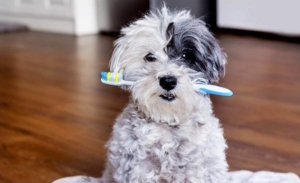 Many people think that gingivitis can not lead to severe health conditions, but that is actually a myth. First off, gingivitis will cause gum recessions, mobile teeth, and excruciating pain if left undealt for over a long period of time. The bacteria will start to “eat” away at the gum lines causing gum recession and pockets to form under the teeth. These pockets will then need to allow food and debris to be entrapped, which may lead to abscess formation. Moreover, as the gum recedes, the root of the tooth will be exposed to the air and the food resulting in a lot of pain when anything touches the root, such as eating food. If the teeth are too mobile due to the gum recession, the teeth will need to be removed to prevent cavities from forming and to reduce the pain from interacting with the tooth root. If the gingivitis is severe enough, heart conditions will arise. When bacteria is housed in the cavities under the tooth, the bacteria will travel into the bloodstream and arrive at the heart. The bacteria will then continue to grow there causing irregular heartbeats, dysfunctional valves, and heart murmurs. If the heart is unable to properly pump out blood to the whole body, the animal can become anemic and faint from the lack of blood or oxygen levels. As such, while gingivitis itself is mainly a teeth problem, it can result in life-threatening issues if untreated over a long period of time.
Many people think that gingivitis can not lead to severe health conditions, but that is actually a myth. First off, gingivitis will cause gum recessions, mobile teeth, and excruciating pain if left undealt for over a long period of time. The bacteria will start to “eat” away at the gum lines causing gum recession and pockets to form under the teeth. These pockets will then need to allow food and debris to be entrapped, which may lead to abscess formation. Moreover, as the gum recedes, the root of the tooth will be exposed to the air and the food resulting in a lot of pain when anything touches the root, such as eating food. If the teeth are too mobile due to the gum recession, the teeth will need to be removed to prevent cavities from forming and to reduce the pain from interacting with the tooth root. If the gingivitis is severe enough, heart conditions will arise. When bacteria is housed in the cavities under the tooth, the bacteria will travel into the bloodstream and arrive at the heart. The bacteria will then continue to grow there causing irregular heartbeats, dysfunctional valves, and heart murmurs. If the heart is unable to properly pump out blood to the whole body, the animal can become anemic and faint from the lack of blood or oxygen levels. As such, while gingivitis itself is mainly a teeth problem, it can result in life-threatening issues if untreated over a long period of time.
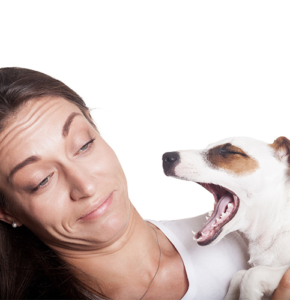 If the teeth are mobile and gingivitis is severe, teeth will need to be removed in order to prevent cavities from forming under the roots and to reduce the amount of pain to the animal. While removing teeth seems scary, it is actually a lot more reliving for the animal itself if the gum recession is bad. Many people will also ask “How will my pet eat if you remove their teeth?” For the first few days of the teeth removal, do try to give softer foods initially to help the gums heal. Over time though, the gums itself should harden up and act like teeth! As such, even if all teeth are removed from an animal’s mouth, the gums themselves will act as “teeth” themselves and not cause an issue in their eating habits.
If the teeth are mobile and gingivitis is severe, teeth will need to be removed in order to prevent cavities from forming under the roots and to reduce the amount of pain to the animal. While removing teeth seems scary, it is actually a lot more reliving for the animal itself if the gum recession is bad. Many people will also ask “How will my pet eat if you remove their teeth?” For the first few days of the teeth removal, do try to give softer foods initially to help the gums heal. Over time though, the gums itself should harden up and act like teeth! As such, even if all teeth are removed from an animal’s mouth, the gums themselves will act as “teeth” themselves and not cause an issue in their eating habits.
Teeth cleaning is something we do everything to maintain our oral health, yet it is something that is not done a lot in our pets. While this task may be difficult, by brushing your pet’s teeth twice a week can already do wonders for their oral hygiene. If we brush our teeth at least twice a day as suggested by our dentist to prevent gingivitis from occurring, why are we not taking more care of our animal’s teeth if this daily task is so important to us?

